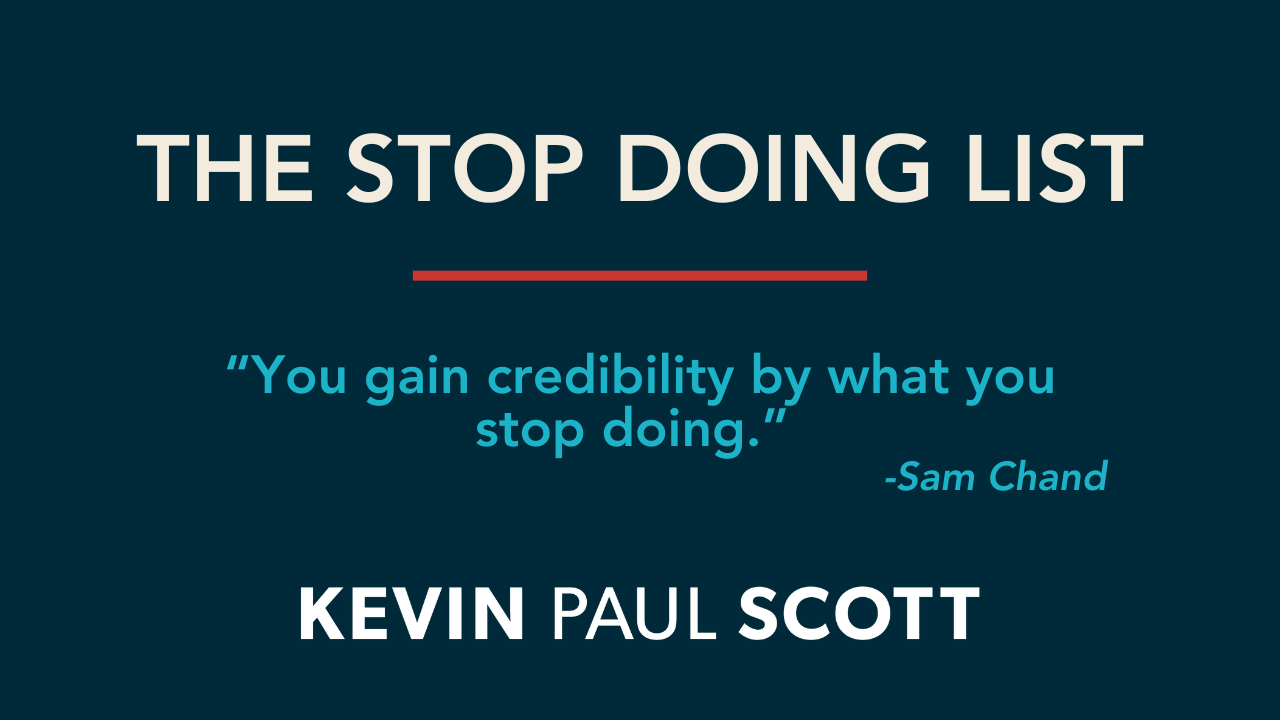There are other things you spend money on that hurt a little bit. You need more professional clothes for work. The fence in your backyard needs repairing. You need to replace your broken microwave. The grocery bill is slowly growing each week. These are all things you wish you didn’t have to spend money on, but at least you get the satisfaction of seeing the result: new clothes, a repaired fence, a functioning microwave, a refrigerator full of food. Getting work done on my car is frustrating for two reasons:
1) It’s usually something that can’t wait, and 2) Most of the time, I can’t physically see the result of the work done. My car is now “fixed”, but it looks exactly like it did when I dropped it off. At least after a carwash, I can see my car is visibly cleaner. But paying a mechanic to do work on a car often feels like I’m lighting money on fire. I currently drive a truck, and recently, I was getting the oil changed and tires rotated. At the appointment, I was told my truck needed an alignment, and it was going to cost me around $100. Although this annoyed me, I knew it needed to be done. There are at least three real reasons my truck needed this alignment.
First, if I didn’t get it, the truck would naturally drift the wrong way. Second, without the alignment, I have to work harder to keep the truck going in the direction I want it to. And third (and maybe most importantly), the tires will wear out faster and unevenly without an alignment. OK, I know you aren’t here to read about my visit to the service center.
But this concept of alignment applies to all of us in every organization and in every team. In our organizations, if we are not in alignment, we’ll encounter the same three areas of stress that a vehicle experiences.
1. Wrong Direction:
Just like a car will naturally drift the wrong way when it’s not aligned, our organization will drift in the wrong direction.
Without intentional effort and focus, people will be working toward different goals, it will feel like people are running in opposite directions, and your organization might end up in a ditch!
2. Difficult for the Leader:
When a car needs an alignment, the driver works harder, and when a team is out of alignment, the leader of the team has to work in overdrive to keep the organization moving in the right direction. To avoid going off course, it takes extra time, energy, and effort for any leader to keep the team heading toward the same goal.
3. Burnout on the Team:
Just like a lack of alignment wears on the tires of a car, when a team is not aligned, it will have negative effects on the individuals on the team—physically, mentally, and emotionally. Over time, they’ll wear out and potentially burn out. Any leader knows it’s a lot tougher to replace good team members than it is to replace some worn-out tires. This wearing leads to long-term negative effects on your team.
Even though I don’t like it, it’s good for me to spend money on my car when it needs an alignment.
And it is worth it to invest the time and energy necessary to make sure our organizations and teams are aligned.
How do we know if our team is aligned? Everyone should be able to answer the following questions:
- Where are we going?
- What is my specific role to help us get there?
(Bonus points if everyone on the team knows why you’re going somewhere. The “Why” is the fuel that will propel you to get there!)
If everyone on the team can answer these two questions, you’ve taken the first major step toward organizational alignment.

























.svg)







